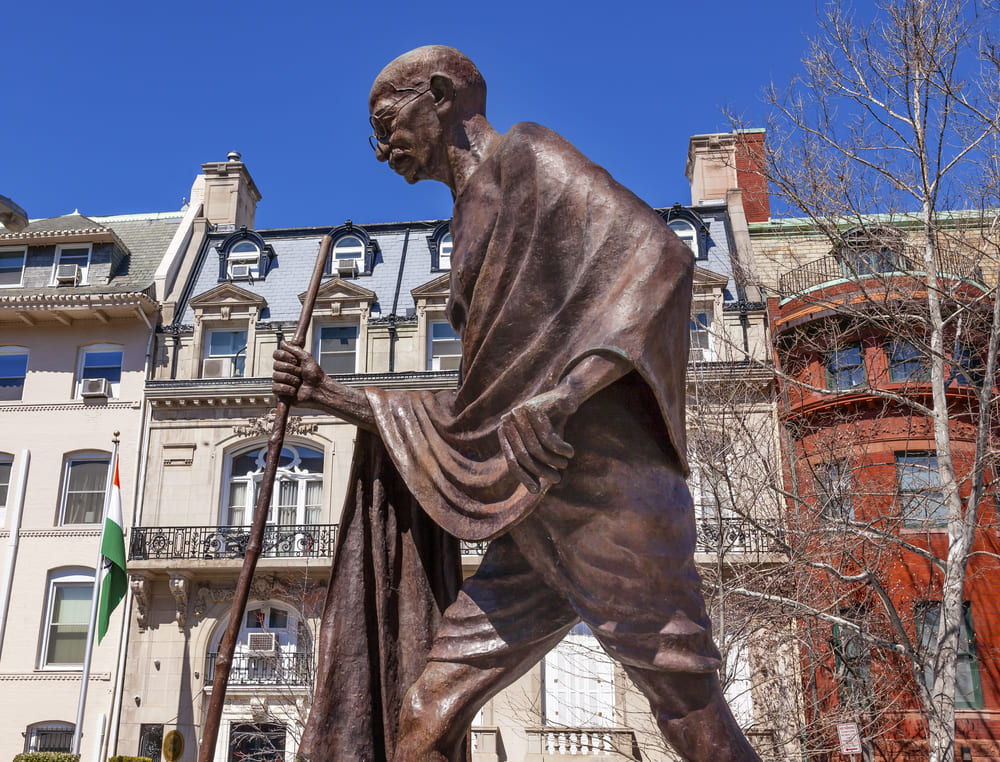The Indian High Commission in the United Kingdom held a heartfelt memorial event at India House to pay tribute to the victims of the deadly terrorist attack in Jammu and Kashmir’s Pahalgam. On April 22, 2025, 26 tourists tragically lost their lives in one of the most horrific attacks in the region in recent years. This ceremony aimed to honor those who perished and send a message of solidarity, justice, and resilience.
A Gathering of Dignitaries in Solidarity
The event brought together key figures from both India and the UK. Among the attendees were prominent leaders such as Union Minister of State for Parliamentary Affairs L. Murugan, Maharashtra’s Minister of Social Justice Sanjay Shirsat, and UK MP Bob Blackman. British lawmakers, along with members of the Indian community, also joined the solemn gathering.
Vikram Doraiswami Calls for Justice and Resilience
The ceremony was led by India’s High Commissioner to the UK, Vikram Doraiswami, who delivered a moving address in honor of the victims. Doraiswami underscored the need for resilience in the face of such violent acts. He spoke strongly about the pursuit of justice for those affected by the attack.
“First and foremost, why is this something that is worthy of our attention? It is so because this is the largest killing of civilians since the Mumbai terror attacks,” Doraiswami said, referencing past tragedies that continue to haunt the nation. He continued by highlighting the targeting of innocent civilians in the latest attack.
Targeting Innocent Tourists: A Despicable Act
The Pahalgam attack, which took place in the picturesque Baisaran meadow near Pahalgam, was one of the deadliest in the Kashmir Valley since the 2019 Pulwama attack. Terrorists opened fire on a group of tourists, killing 25 Indian nationals and one Nepali citizen. Several others were left critically injured. The assailants singled out their victims based on religious identity, pulling people from the group before shooting them. This brutal and senseless attack sent shockwaves through the country, leading to widespread condemnation.
Doraiswami described the attack as an effort to create terror and undermine the ongoing normalization efforts in Jammu and Kashmir. He emphasized that the victims were ordinary people, simply on holiday, with no political affiliations or ties to the ongoing conflict. “The purpose of this exercise was purely to create terror and to undermine the ongoing normalization of circumstances in Jammu and Kashmir,” he added, underscoring the barbarity of the act.
The Outpouring of Public Grief and Anger
The attack has sparked widespread outrage across India. Thousands of citizens have taken to the streets, demanding justice for the victims and holding the perpetrators accountable. Public protests have become a common sight as the nation mourns the loss of innocent lives.
In response to the attack, the Indian government has taken immediate actions to demonstrate its resolve. India suspended the Indus Waters Treaty, a crucial water-sharing agreement between India and Pakistan, as a direct consequence of the terrorist attack. The Indian government also closed the Attari-Wagah border checkpost, a vital crossing point between the two nations. These measures are seen as a strong response to the escalating violence in the region.
Continued Tensions in Jammu and Kashmir
The Pahalgam attack has brought to the forefront the ongoing tensions in Jammu and Kashmir. The region, long at the heart of a territorial dispute between India and Pakistan, has faced years of violence and unrest. Despite efforts to stabilize the area, including an increased focus on promoting tourism and infrastructure development, attacks like the one in Pahalgam continue to highlight the fragility of peace.
India has been focused on integrating Jammu and Kashmir more closely with the rest of the country through various initiatives. However, acts of terrorism continue to threaten these efforts, pushing the Indian government to reassess its approach and take more drastic actions.
International and Domestic Calls for Action
As the situation in Kashmir remains tense, both domestic and international calls for justice and accountability grow louder. The UK ceremony and the statements made by Indian officials are part of a larger push to draw attention to the human cost of terrorism and to demand stronger action against those responsible. International support for India’s fight against terrorism is also being sought as the global community stands in solidarity with the victims and their families.
The Indian government has vowed to leave no stone unturned in its pursuit of justice. In his address, Doraiswami reiterated India’s commitment to tracking down the perpetrators, regardless of where they may be. “We will bring every terrorist and their backers to justice,” he declared, reinforcing India’s stance on combating terrorism both within its borders and abroad.
The Fight for Justice and Healing
As the memorial ceremony concluded, the message was clear: India will continue to fight against terrorism, uphold justice for the victims, and strive for a peaceful and stable future for Jammu and Kashmir. The Pahalgam attack may have shaken the nation, but it has also reinforced India’s resolve to ensure that such violence will not break the spirit of its people.
The High Commission’s tribute to the victims serves as a poignant reminder of the sacrifices made by innocent lives caught in the crossfire of a decades-long conflict. As the investigation into the attack continues, the government’s efforts to secure justice will remain at the forefront, sending a message that terrorism will never be allowed to triumph over the will of the people.


